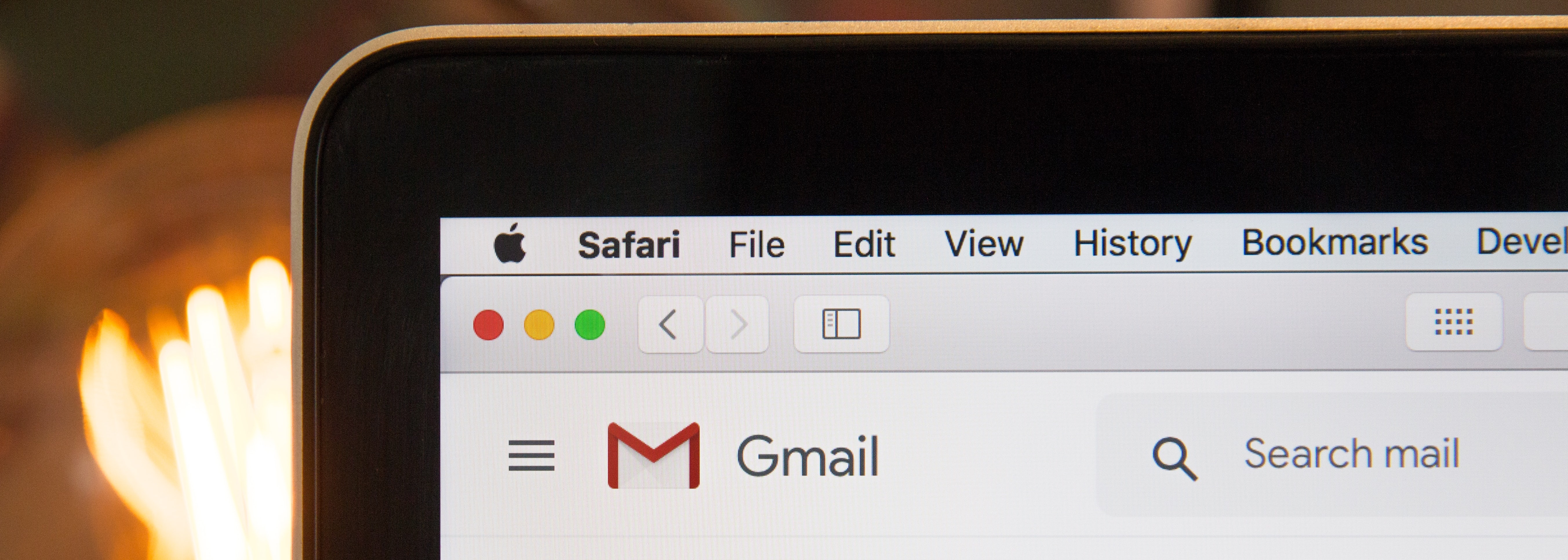With an increasingly digital world, email has become one of the most important communication tools we have. A lot of emails contain important information, and are being sent to colleagues, professionals or other businesses - not your friends, who you are comfortable with. Club and society executives have the added pressure of emailing individuals and organisations on behalf of their organisation - in essence a small business - which may be their first time doing so. Here are some tips to writing better emails for a variety of purposes.
Keep it short
No offence, but most people don't want to read a 1,000 word email, especially if they don't know who you are. Reaching out for event support, sponsorships, or professional engagements on behalf of your society will often be to someone who doesn't know you and, frankly, probably doesn't care. While you have the opportunity to make them care in the email, if it's too long, you've already lost them.
Think about the most simple way you can express what you want to ask. Instead of spending 500 words of a sponsorship reach-out email explaining what your society does, how much you love the brand, etc., keep this to 50-100 words and use the rest of the email to outline what you can offer the organisation in dot points - and real numbers. We'll go into more detail on specificity later.
Show interest
It's important to show that you have not sent this exact same email to 15 other people. You need to show interest in the person you're emailing, otherwise they'll have no reason to show interest in you. This is especially important if you're reaching out to somebody for the first time.
Say, for example, you're asking young working professionals in your industry to attend your society's panel event. Don't just tell them about the event and ask them to be part. Start your email by showing that you actually give a damn about them, individually. For example,
Hi [Name],
My name is [Your Name] and I came across your LinkedIn profile/research paper/blog when looking for [industry] professionals. I thought it was fantastic - particularly your recent post about [topic] - I totally agree. You should write a book!
In fact, I was so impressed with your profile that I think it's absolutely necessary that we invite you to speak at [society name]'s industry panel on [time/date] at [place] - I'm the [position] and am organising the event. You'd be incredibly insightful for our students and you would be able to make some great connections with future industry professionals - we'd love to have you!
If you're interested, we can arrange a time for a quick call to run through the finer details and confirm everything.
Looking forward to hearing from you!
Warmest regards,
[Your Name]
See how the email is tailored to each particular person, and shows that you have taken the time to engage with their work? Not only does it slam a compliment in the top of the email, but it scatters them throughout as well? This is what makes cold email recipients feel valued and shows you have given them the time of day - so they are more likely to give it back.
Be specific in what you ask of people
We've all received an email, whether individually or as a group, that ends a paragraph with, "what are your thoughts?". We've all not answered that email. Typically, open ended questions or vague requests in emails go unnoticed and unanswered. Specificity is important to give people a clear course of action when they've read your email, and they're more likely to do what you're asking them to. For example:
Instead of:
Let me know if you have any thoughts or opinions on this.
and
It would be great if you could meet me for a coffee, or do a phone interview or whatever works for you, but only if you have the time.
Opt for:
I think we should proceed with [idea]. If you agree, we can get the ball rolling - if not, let's discuss alternatives.
and
Let's video call this week - does 3pm on Wednesday work for you?
Be kind and have personality
Since many people you email have probably not interacted with you in real life, they won't know your personality - so you need to show it to them with your words. This can be really subtle, but even one line can change the tone of the entire email.
For example, many people debate over what the best sign-off is for an email - Kindest Regards, Best Wishes, Sincerely Yours. However, there really is no right answer to this, and you can use your sign-off to be creative! If you've just heard back from a company who are interested in sponsoring your society or a panellist willing to attend your event, consider trying something along the lines of 'The Warmest of Wishes' or 'Forever in your debt' - or whatever else you can think of that shows who you are and fits the situation.
These can be funny, endearing and make people smile when they read the email - something a lot of people need sitting at their work desk - and shows your personality a little bit. It also distinguishes you from other people who email them and makes you memorable.
Put effort into your email signature
Your email signature, personally or as part of a society's email account, is very important. It ensures that the people you're emailing have access to important information like your phone number, website and Facebook/LinkedIn pages. Additionally, it allows you to show off your society's logo (or if you're sending from your personal email, your photograph).
Some great free online tools to create email signatures come from Hubspot, MailSignatures and MySignature. Play around to find a template you like and be sure to include your society's logo, your website, and all social media channels.
Proofread, proofread, proofread.
There is nothing more discrediting than an email with spelling, grammatical or punctuation errors. Email etiquette dictates that you take time writing your email - the proper introduction and sign-off, as well as carefully constructed sentences. You could be making the most poignant and relevant point in the world - but if your email is riddled with errors, you won't be taken seriously. Most email providers have a spell-checker built in to the client - otherwise, paste your email into Microsoft Word or get a friend or teammate to read it over before you send it. You can never be too diligent - after all, first impressions (and every impression after that) count!
Follow up
When emailing potentially 20+ industry experts or prospective sponsorship companies, it can be hard to keep track of who has and hasn't engaged with you and when. We recommend you keep a spreadsheet for each project - for example, prospective sponsors for your merchandise - and track who is replying to you and who is not.
It's crucial to send a follow-up email to unengaged contacts, as they may still be interested. People are busy, inboxes are chaotic, emails get skim read and forgotten, if they're not lost in the first place. Sending a follow up is another opportunity to get your message in front of the person you want to see it, and increases your chances of a reply. Plus, it shows that you care about the request in your email and that you are willing to put in effort and commitment to whatever the relationship with the recipient ends up including.



